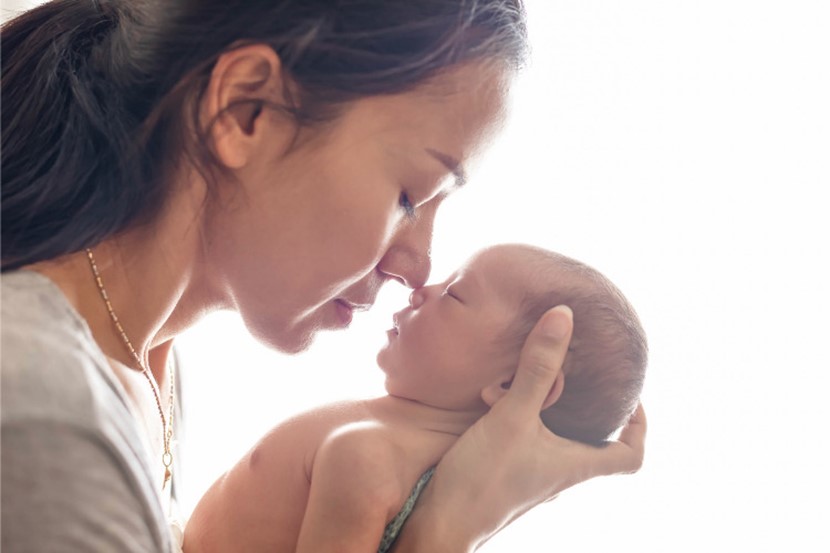Your first Plunket visit – what to expect

You’ve made it through the first few weeks of parenthood! Well done! Give yourself a pat on the back. If you chose Plunket as your Well Child/Tamariki Ora provider, a registered nurse will visit you in your home when your baby is around four to six weeks old. Your first visit will take around one hour and will focus on getting to know you, your baby and whānau.
Your Plunket nurse is there to support you and your whānau to give your baby the best start in life. You’ll cover subjects such as your mental wellbeing, how you are coping and who is supporting you in your role as a new parent. They will also listen to any worries you have and can give advice on things like sleep, feeding and crying. If you have questions, this is a great time to ask. There’s no such thing as a silly question when you are new to parenthood.
The nurse will do various growth and development checks. This will include a head-to-toe assessment of your baby, talking about what they are noticing as they go. Think of it as a baby warrant of fitness.
Here are a few checks your Plunket nurse will do:
Head
They’ll check baby’s head shape and measure it using measuring tape. They’ll also check the fontanelle.
Ears and eyes
They will ask how baby responds to noises and makes eye contact.
Mouth
They’ll check baby’s mouth for signs of thrush and tongue tie. These conditions can make feeding challenging, so let your nurse know if you are having issues.
Head control
Baby will be put on their tummy to see how they are starting to lift their head up. This demonstrates developing neck and back strength.
Length and weight
The nurse will weigh baby on electronic scales. Baby needs to be naked to get an accurate reading, so save the tutu and tights for another day. Dress them in clothing which is easy to change. Have your nappy changing gear handy too in case of explosions.
Baby’s length may also be measured. Measurements will be plotted on a chart in your baby’s Well Child book to track their growth.
Skin
The nurse will check for skin conditions such as cradle cap, nappy rash and dry skin.
Belly button
Innie or outie? It doesn’t matter. They’ll just check it’s healed.
Hips
The nurse will check for signs which can indicate hip dysplasia.
Testicles
The nurse will gently feel your little man’s scrotum to check his testicles have descended. Don’t worry, it doesn’t hurt.
If there are any concerns, the nurse will support you to find solutions. They will also talk about baby’s future growth, development, safety, parenting and whānau needs. Early intervention is always best. They can link you with Plunket’s other services such as lactation consultants, Plunket’s health workers (Karitāne or Kaiāwhina) and parent support groups. You may also be referred to outside services if you or your baby have additional needs.
If you have questions outside your Plunket visits, call PlunketLine on 0800 933 922. It’s free and available 24/7. You’ll speak to a registered nurse. Plunket’s new website is also full of information. Visit www.plunket.org.nz.
Renee Murphy is a freelance writer at Human Stories. She has two school-aged boys and a love-hate relationship with Lego.

